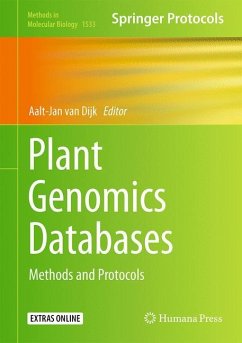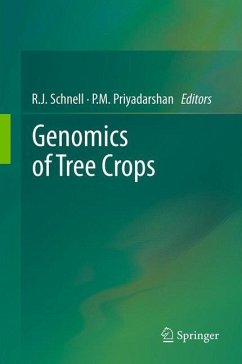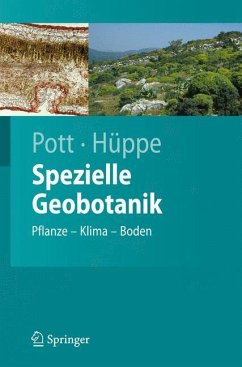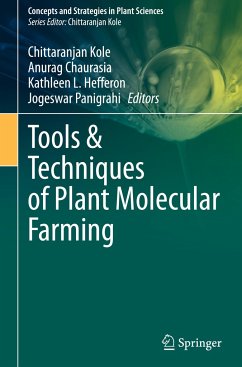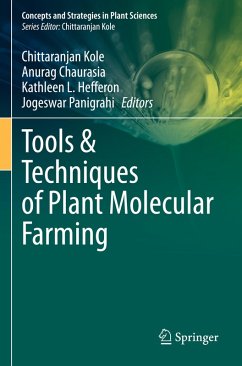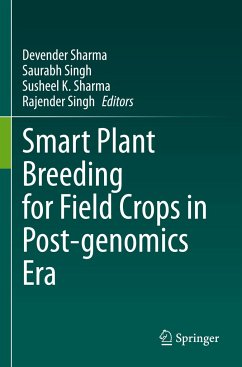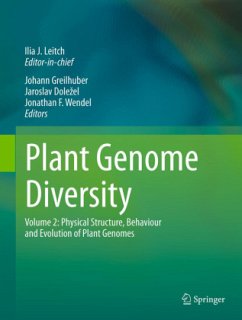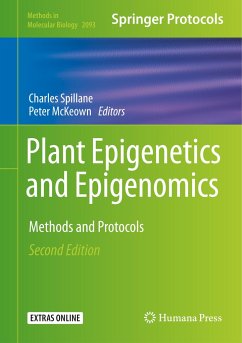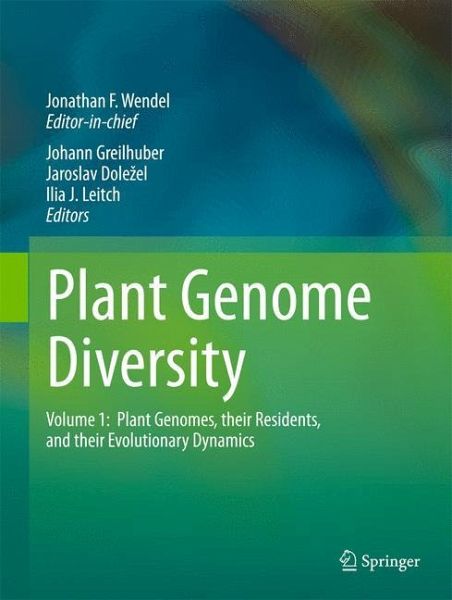
Plant Genome Diversity Volume 1
Plant Genomes, their Residents, and their Evolutionary Dynamics
Herausgegeben: Wendel, Jonathan; Greilhuber, Johann; Dolezel, Jaroslav; Leitch, Ilia J.

PAYBACK Punkte
58 °P sammeln!
In this timely new 2-volume treatise, experts from around the world have banded together to produce a first-of-its-kind synopsis of the exciting and fast moving field of plant evolutionary genomics. In Volume I of Plant Genome Diversity, an update is provided on what we have learned from plant genome sequencing projects. This is followed by more focused chapters on the various genomic "residents" of plant genomes, including transposable elements, centromeres, small RNAs, and the evolutionary dynamics of genes and non-coding sequences. Attention is drawn to advances in our understanding of plan...
In this timely new 2-volume treatise, experts from around the world have banded together to produce a first-of-its-kind synopsis of the exciting and fast moving field of plant evolutionary genomics. In Volume I of Plant Genome Diversity, an update is provided on what we have learned from plant genome sequencing projects. This is followed by more focused chapters on the various genomic "residents" of plant genomes, including transposable elements, centromeres, small RNAs, and the evolutionary dynamics of genes and non-coding sequences. Attention is drawn to advances in our understanding of plant mitochondrial and plastid genomes, as well as the significance of duplication in genic evolution and the non-independent evolution among sequences in plant genomes. Finally, Volume I provides an introduction to the vibrant new frontier of plant epigenomics, describing the current state of our knowledge and the evolutionary implications of the epigenomic landscape.




